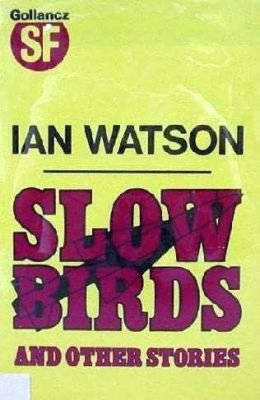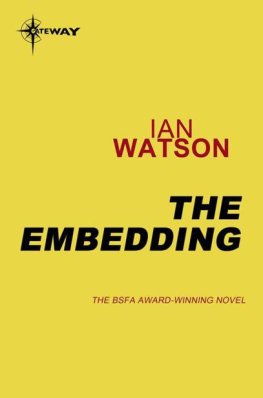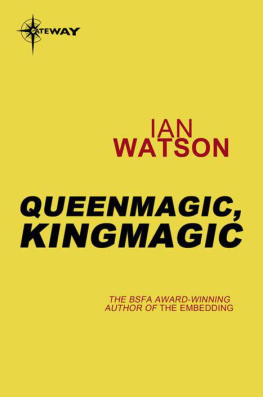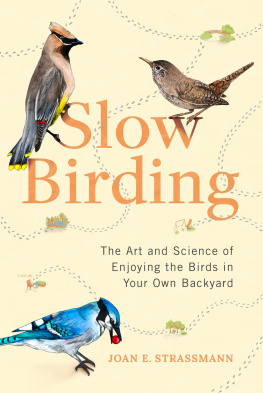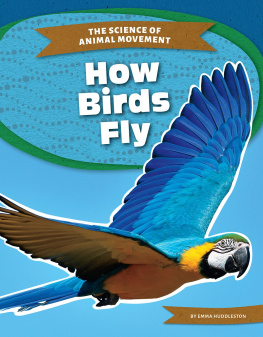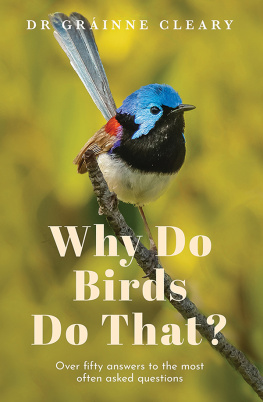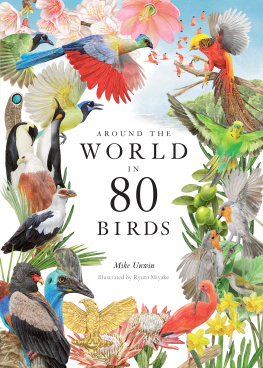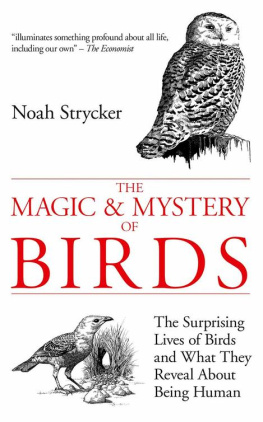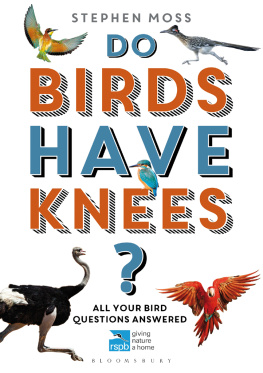Ian Watson, a graduate of Oxford University, lives with his wife and daughter in North Hamptonshire, Great Britain. He has taught in Japan and Tanzania. His first science fiction novel, The Embedding, won the French Prix Apollo and was runner-up for the John W. Campbell Memorial Award; his second novel in the field, The Jonah Kit, won the British Science Fiction Association Award. He is also the author of The Martian Inca, Alien Embassay, Miracle Visitors, God's World, and Chekhov's Journey. His most recent novel, The Book of the River, the first volume of a triology in progress, was serialized in The Magazine of Fantasy and Science Fiction. He is a member of the Campaign for Nuclear Disarmament and of the growing British organization BAND (Book Action for Nuclear Disarmament).
Ian Watson is the British regional director of the Science Fiction Writers of America and the European editor of the SFWA Bulletin.
Slow Birds was nominated for the 1983 Nebula for best novelette.
It was Mayday, and the skate-sailing festival that year was being held at Tuckerton.
By late morning, after the umpires had been out on the glass plain setting red flags around the circuit, cumulous clouds began to fill a previously blue sky, promising ideal conditions for the afternoon's sport. No rain; so that the glass wouldn't be an inch deep in water as last year at Atherton. No dazzling glare to blind the spectators, as the year before that at Buckby. And a breeze verging on brisk without ever becoming fierce: perfect to speed the competitors' sails along without lifting people off their feet and tumbling them, as four years previously at Edgewood when a couple of broken ankles and numerous bruises had been sustained.
After the contest there would be a pig roast; or rather the succulent fruits thereof, for the pig had been turning slowly on its spit these past thirty-six hours. And there would be kegs of Old Codger Ale to be cracked. But right now Jason Babbidge's mind was mainly occupied with checking out his glass-skates and his fine crocus-yellow hand-sail.
As high as a tall man, and of best old silk, only patched in a couple of places, the sail's fore-spar of flexible ash was bent into a bow belly by a strong hemp cord. Jason plucked this thoughtfully like a harpist, testing the tension. Already a fair number of racers were out on the glass, showing off their paces to applause. Tuckerton folk mostly, they were acting as if they owned the glass hereabouts and knew it more intimately than any visitors could. Not that it was in any way different from the same glass over Atherton way.
Jason's younger brother Daniel whistled appreciatively as a Tuckerton man carrying purple silk executed perfect circles at speed, his sail shivering as he tacked.
"Just look at him, Jay!"
"What, Bob Marchant? He took a pratfall last year. Where's the use in working up a sweat before the whistle blows?"
By now a couple of sisters from Buckby were out too with matching black sails, skating figure-eights around each other, risking collision by a hair's breadth.
"Go on, Jay," urged young Daniel. "Show "em."
Contestants from the other villages were starting to flood on to the glass as well, but Jason noticed how Max Tarnover was standing not so far away, merely observing these antics with a wise smile. Master Tarnover of Tuckerton, last year's victor at Atherton despite the drenching spray.
Taking his cue from this, and going one better, Jason ignored events on the glass and surveyed the crowds instead.
He noticed Uncle John Babbidge chatting intently to an Edgewood man over where the silver band was playing; which was hardly the quietest place to talk, so perhaps they were doing business. Meanwhile on the green beyond the band the children of five villages buzzed like flies from hoop-la to skittles to bran tub, to apples in buckets of water. And those grownups who weren't intent on the band or the practice runs or on something else, such as gossip, besieged the craft and produce stalls.
There must be going on for a thousand people at the festival, and the village beyond looked deserted. Rugs and benches and half-barrels had even been set out near the edge of the glass for the old folk of Tuckerton.
As the band lowered their instruments for a breather after finishing The Floral Dance, a bleat of panic cut across the chatter of many voices. A farmer had just vaulted into a tiny sheep-pen where a lamb almost as large as its shorn, protesting dam was ducking beneath her to suckle and hide. Laughing, the farmer hauled it out and hoisted it by its neck and back legs to guess its weight, and maybe win a prize.
And now Jason's mother was threading her way through the crowd, chewing the remnants of a pasty.
"Best of luck, son!" She grinned.
"I've told you, Mum," protested Jason. "It's bad luck to say 'good luck'."
"Oh, luck yourself! What's luck, anyway?" She prodded her Adam's apple as if to press the last piece of meat and potatoes on its way down, though really she was indicating that her throat was bare of any charm or amulet.
"I suppose I'd better make a move." Kicking off his sandals, Jason sat to lace up his skates. With a helping hand from Daniel he rose and stood knock-kneed, blades cutting into the turf while the boy hoisted the sails across his shoulders. Jason gripped the leather straps on the bowstring and the spine-spar.
"Okay." He waggled the sail this way and that. "Let's go, then. I won't blow away."
But just as he was about to proceed down on to the glass, out upon the glass less than a hundred yards away a slow bird appeared.
It materialized directly in front of one of the Buckby sisters. Unable to veer, she had no choice but to throw herself backwards. Crying out in frustration, and perhaps hurt by her fall, she skidded underneath the slow bird, sledging supine upon her now snapped and crumpled sail.
* * *
They were called slow birds because they flew through the air at the stately pace of three feet per minute.
They looked a little like birds, too, though only a little. Their tubular metal bodies were rounded at the head and tapering to a finned point at the tail, with two stubby wings midway. Yet these wings could hardly have anything to do with suspending their bulk in the air; the girth of a bird was that of a horse, and its length twice that of a man lying full length.
Perhaps those wings controlled orientation or trim.
In color they were a silvery grey; though this was only the color of their outer skin, made of a soft metal like lead. Quarter of an inch beneath this coating their inner skins were black and stiff as steel. The noses of the birds were all scored with at least a few scrape marks due to encounters with obstacles down the years; slow birds always kept the same height above ground underbelly level with a man's shoulders and they would bank to avoid substantial buildings or mature trees, but any frailer obstructions they would push on through. Hence the individual patterns of scratches. However, a far easier way of telling them apart was by the graffiti carved on so many of their flanks; initials entwined in hearts, dates, place names, fragments of messages. These amply confirmed how very many slow birds there must be in all something of which people could not otherwise have been totally convinced. For no one could keep track of a single slow bird. After each one had appeared over hill, down dale, in the middle of a pasture or half way along a village street it would fly onward slowly for any length of time between an hour and a day, covering any distance between a few score yards and a full mile. And vanish again. To reappear somewhere else unpredictably: far away or close by, maybe long afterwards or maybe soon.
Usually a bird would vanish, to reappear again.

